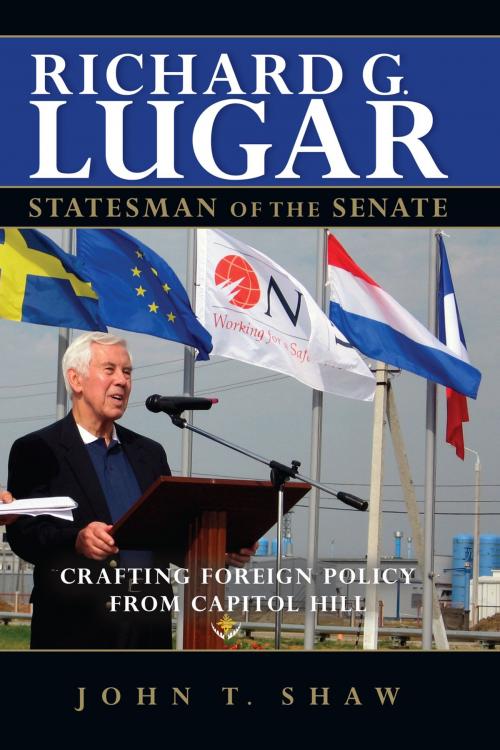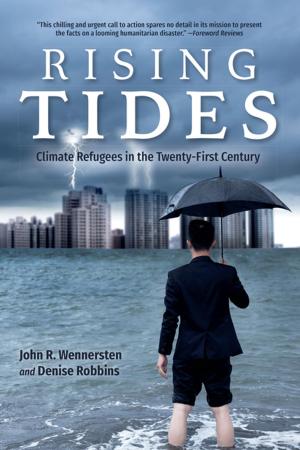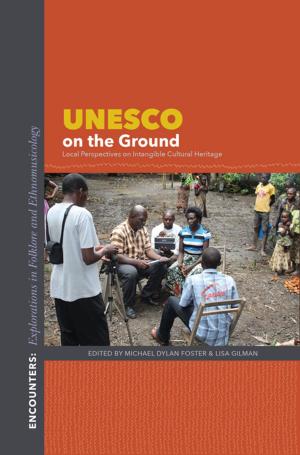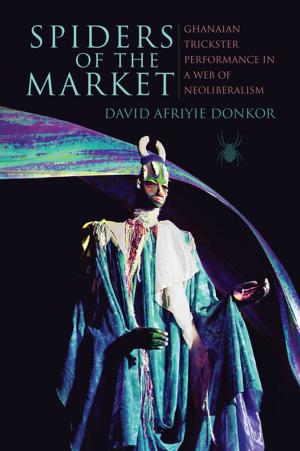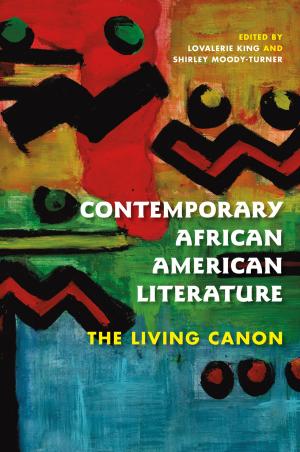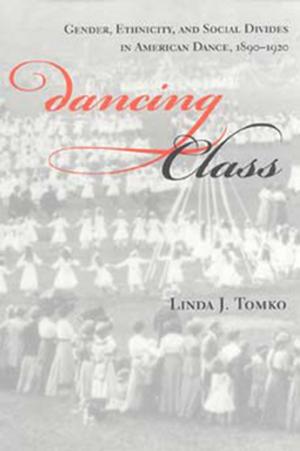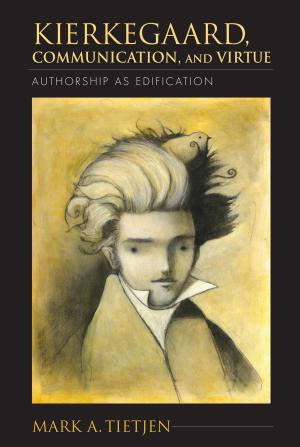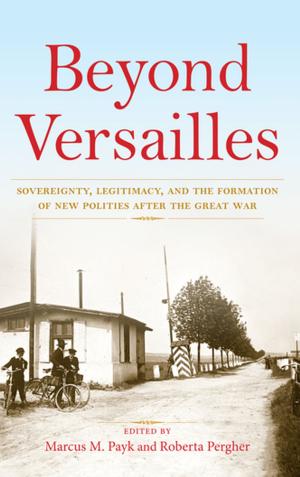Richard G. Lugar, Statesman of the Senate
Crafting Foreign Policy from Capitol Hill
Nonfiction, Social & Cultural Studies, Political Science, International, International Relations, Biography & Memoir, Political, Government| Author: | John T. Shaw | ISBN: | 9780253007117 |
| Publisher: | Indiana University Press | Publication: | March 16, 2012 |
| Imprint: | Indiana University Press | Language: | English |
| Author: | John T. Shaw |
| ISBN: | 9780253007117 |
| Publisher: | Indiana University Press |
| Publication: | March 16, 2012 |
| Imprint: | Indiana University Press |
| Language: | English |
Two-time chairman of the Senate Foreign Relations Committee, Richard G. Lugar has been one of the most widely respected foreign policy experts in Congress for over three decades. In this illuminating profile, John T. Shaw examines Lugar’s approach to lawmaking and diplomacy for what it reveals about the workings of the Senate and changes in that institution. Drawing on interviews with Lugar and other leading figures in foreign policy, Shaw chronicles Lugar's historic work on nuclear proliferation, arms control, energy, and global food issues, highlighting the senator’s ability to influence American foreign policy in consequential ways. The book presents Lugar’s career as an example of the role Congress can play in the shaping of foreign policy in an era of a strong executive branch. It demonstrates the importance of statesmanship in contemporary American political life while acknowledging the limitations of this approach to governance.
Two-time chairman of the Senate Foreign Relations Committee, Richard G. Lugar has been one of the most widely respected foreign policy experts in Congress for over three decades. In this illuminating profile, John T. Shaw examines Lugar’s approach to lawmaking and diplomacy for what it reveals about the workings of the Senate and changes in that institution. Drawing on interviews with Lugar and other leading figures in foreign policy, Shaw chronicles Lugar's historic work on nuclear proliferation, arms control, energy, and global food issues, highlighting the senator’s ability to influence American foreign policy in consequential ways. The book presents Lugar’s career as an example of the role Congress can play in the shaping of foreign policy in an era of a strong executive branch. It demonstrates the importance of statesmanship in contemporary American political life while acknowledging the limitations of this approach to governance.
